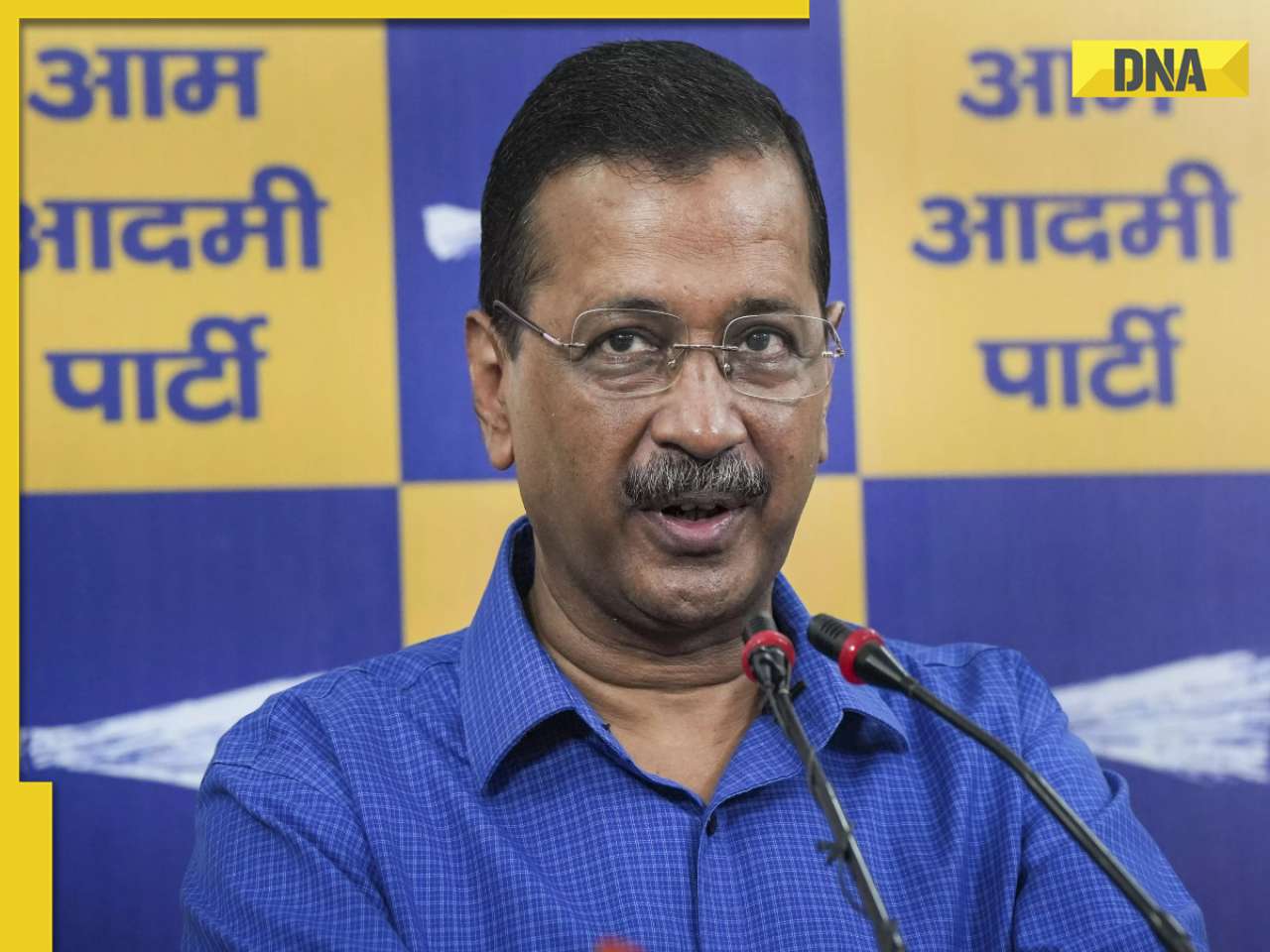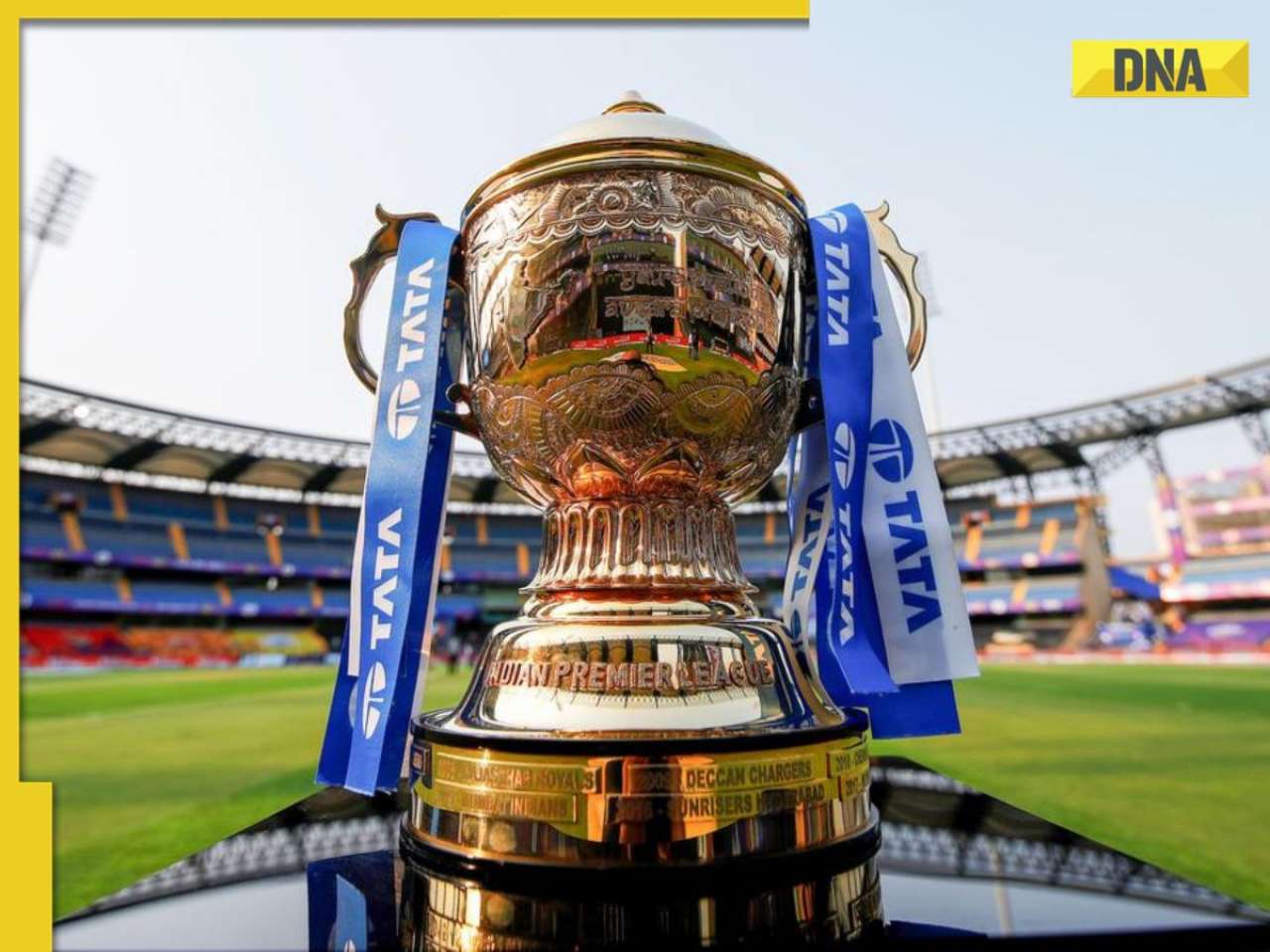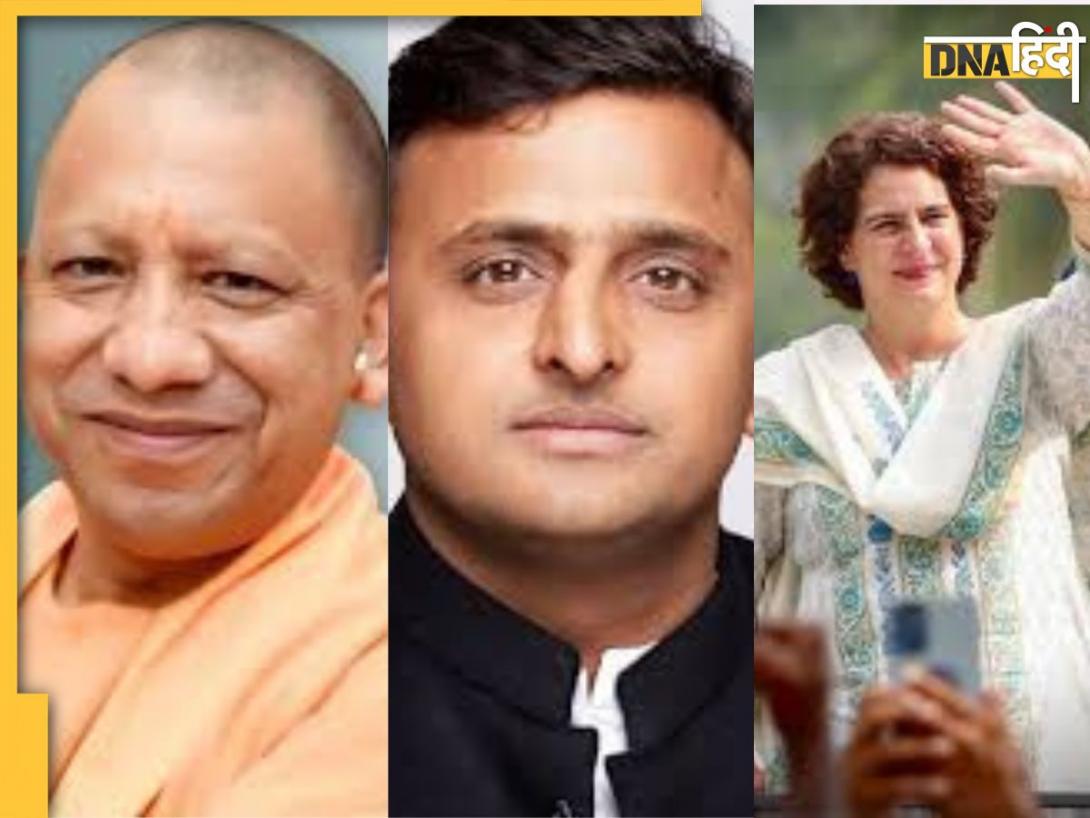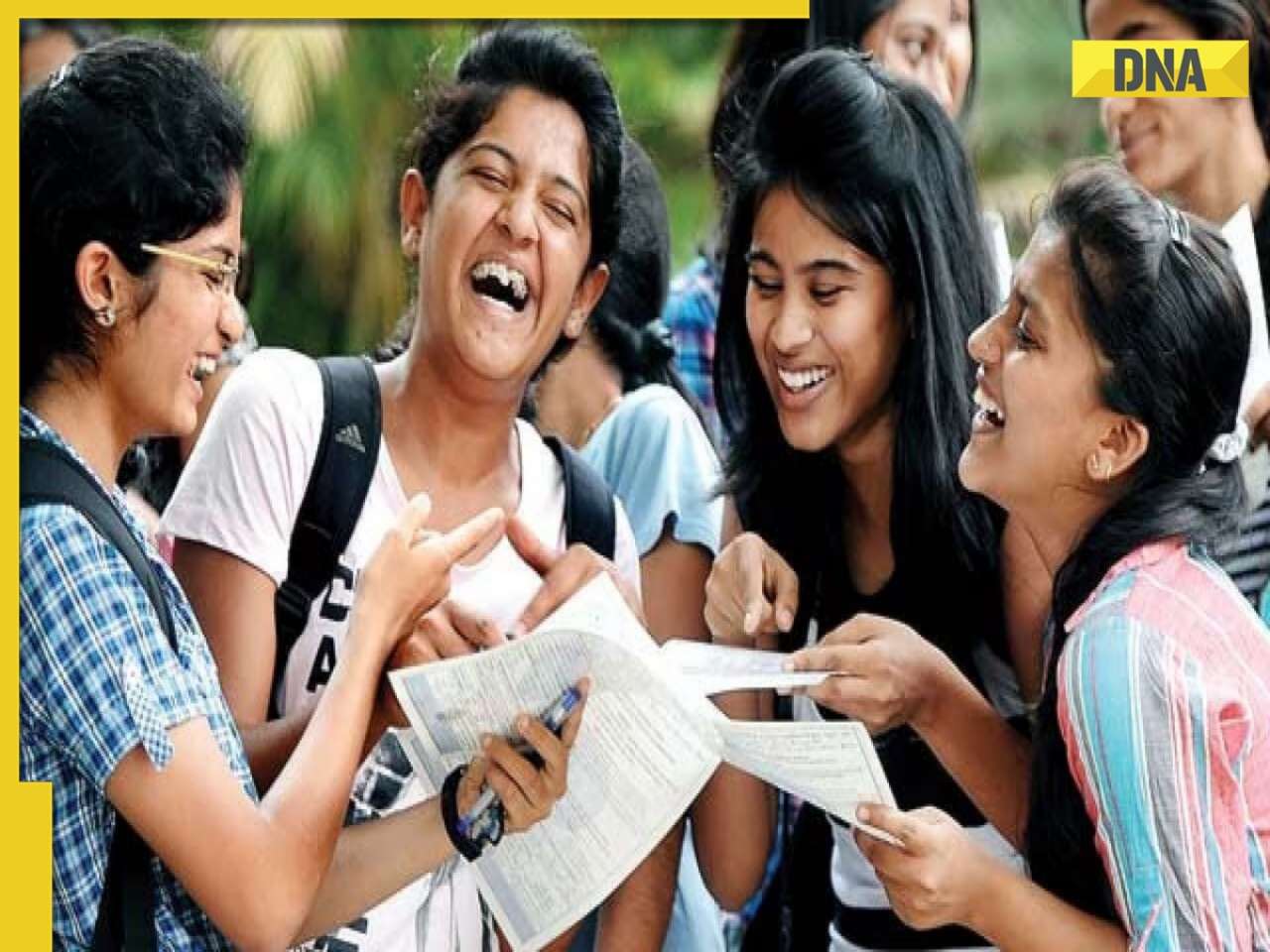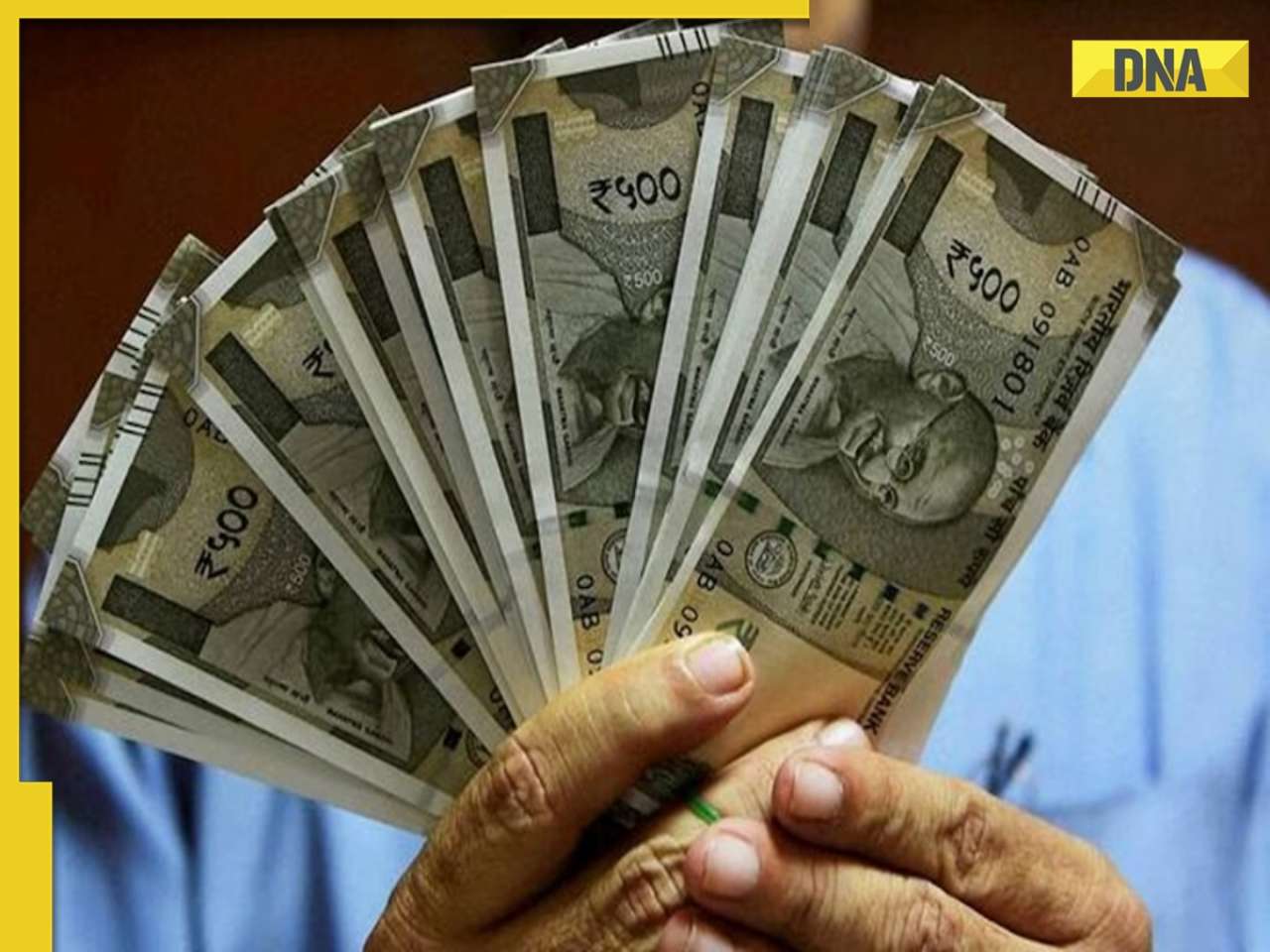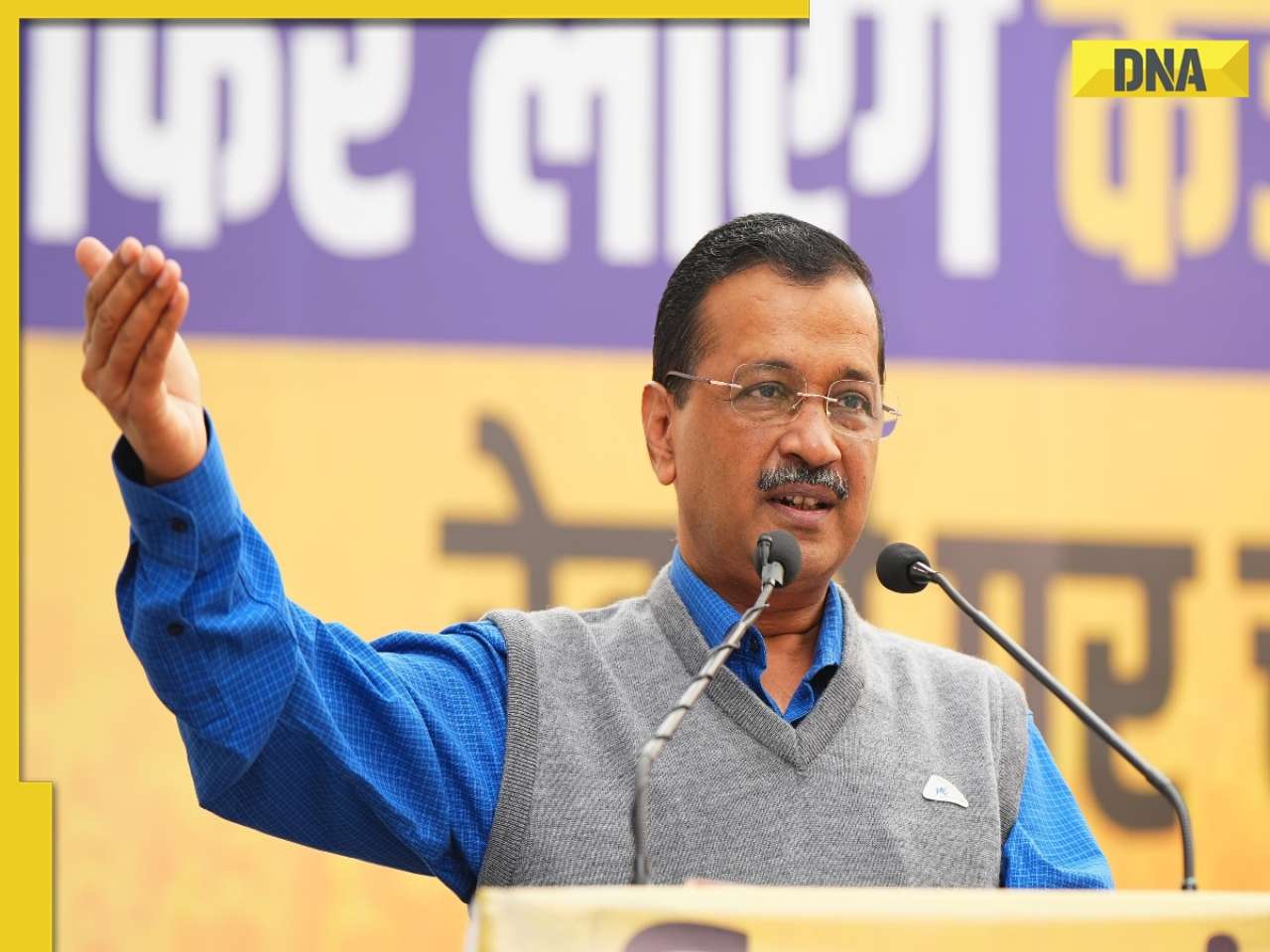- LATEST
- WEBSTORY
- TRENDING
LIFESTYLE
How feeding pigeons in cities is killing the ecosystem
Biologist Kedar Gore and veterinarian Naveen Pandey explain from a purely ecological view point, why feeding pigeons in cities does more harm than good.
TRENDING NOW
People offering grains to feral Common Pigeons (Columba livia) at designated kabutarkhanas or illegitimate feeding places are a common sight these days. It may seem to be a noble deed and is also perceived to be so by many. Hundreds of pigeon-lovers are seen flocking around the grain sellers to purchase the grains to be fed to the pigeons. Mostly such feeding stations are adjacent to places of worship. There are many people who have created mini feeding stations in the balconies, on the window ledges or terraces.
A large number of people feed pigeons for religious reasons, thinking that by feeding pigeons they are helping the birds and perhaps this helps in washing away their sins. People also believe that feeding pigeons brings prosperity to those who feed them. There are others who feed pigeons thinking that pigeons are hungry, need food and would not survive unless fed by them. Grains are purchased and literally scattered in heaps for the pigeons to feed. Such artificial feeding has led to overpopulation of pigeons that is much beyond the carrying capacity of any place.
It is quite obvious that pigeons are doing very well in cities like Mumbai, thanks to the compassion of many citizens.
Do you wonder what keeps the populations of bird species in the wild balanced, be it a pigeon or an eagle? Food chain, to a great extent, regulates relative abundance of each species based on their reproduction, deaths and predator-prey relationship. In case of feral pigeons, in cities like Mumbai, there is a problem of plenty. In the wild, the Common Pigeon (previously known as the Blue Rock Pigeon) is seen around cliffs and rocky areas, which they prefer for nesting. However, in cities and towns their preference for naturally occurring cliffs has been replaced by parapets, AC compressor units and any such flat surface in city buildings where pigeons seek shelter. Due to the constant availability of food, pigeons have started nesting throughout the year; unlike in the wild where nesting season coincides with the food availability in nature. Predatory birds help in keeping the population of pigeons in control by feeding on them in the wild. But unfortunately urbanisation has practically wiped out the predatory birds from most city limits.
Had it been not for our compassionate feeding, the pigeons would have survived anyway but in lesser numbers, enough to be sustained on the natural food availability in and around the cities. By providing them with ready food, pigeons in cities have lost their natural ability to scavenge and survive on their own. Scavenging for food is an important exercise for wild birds that they must indulge in. Such ‘compassionate’ feeding may attract birds (and also rodents like rats and mice) close to you but may also result in nutritional deficiencies in birds. Let the birds decide what they wish to feed on instead of us deciding what they should feed on!
The population explosion of pigeons in cities and towns is a serious trend that is slated to grow in future as there is no dearth of food offered to them and nesting sites in cities. Lots of pigeons around may make some people happy but doctors and veterinarians have often expressed concerns over this issue and advise refraining from feeding pigeons.

Dr Alice Bacon at Fraser and Fraser Vets Ltd, Dingwall, Scotland.
Many people enjoy feeding and watching wild birds, but are unaware that their actions may inadvertently cause more harm than good; supplementary feeding supports unnaturally large pigeon populations, and this over-crowding can cause disease outbreaks in pigeons, other wild birds and humans.”Keeping leftover food or other food stuff in the balcony for other species of 'hungry' birds should also be reassessed and probably discouraged. Veterinarians warn that such bird feeders may act as a nodal point of disease spread to other species of birds for emerging diseases of infectious nature.

Dr Olga Nicolas of Vallcalent Wildlife Rescue Centre in Spain.
It may have a zoonotic risk like Salmonella, Chlamydia, hemoparasites though hippoboscid flies etc.”As the faecal matter gets dried up it forms fomites which could travel in air facilitating spread of infection. Symptoms of coughing, rhinitis, arthritis and headache could easily be encountered. People in the vicinity of pigeons and their droppings are at the highest risk of catching infection. Other species of birds are at great risk of mutually getting infected as well and it would make the infection to persist for longer. On the other hand, birds quickly get used to our food, which obviously is not their natural food. Also, birds not feeding naturally might affect the ecological food chain as they may not eat the fruit which only germinates when it passes through that bird's intestine. Our ignorance in these matters can have serious consequences that we may not be even aware of. Then why should we interfere with their routine of scavenging for food? "The natural balance of wildlife populations is very sensitive, and we must be careful of how our interactions affect them", says Dr Bacon.
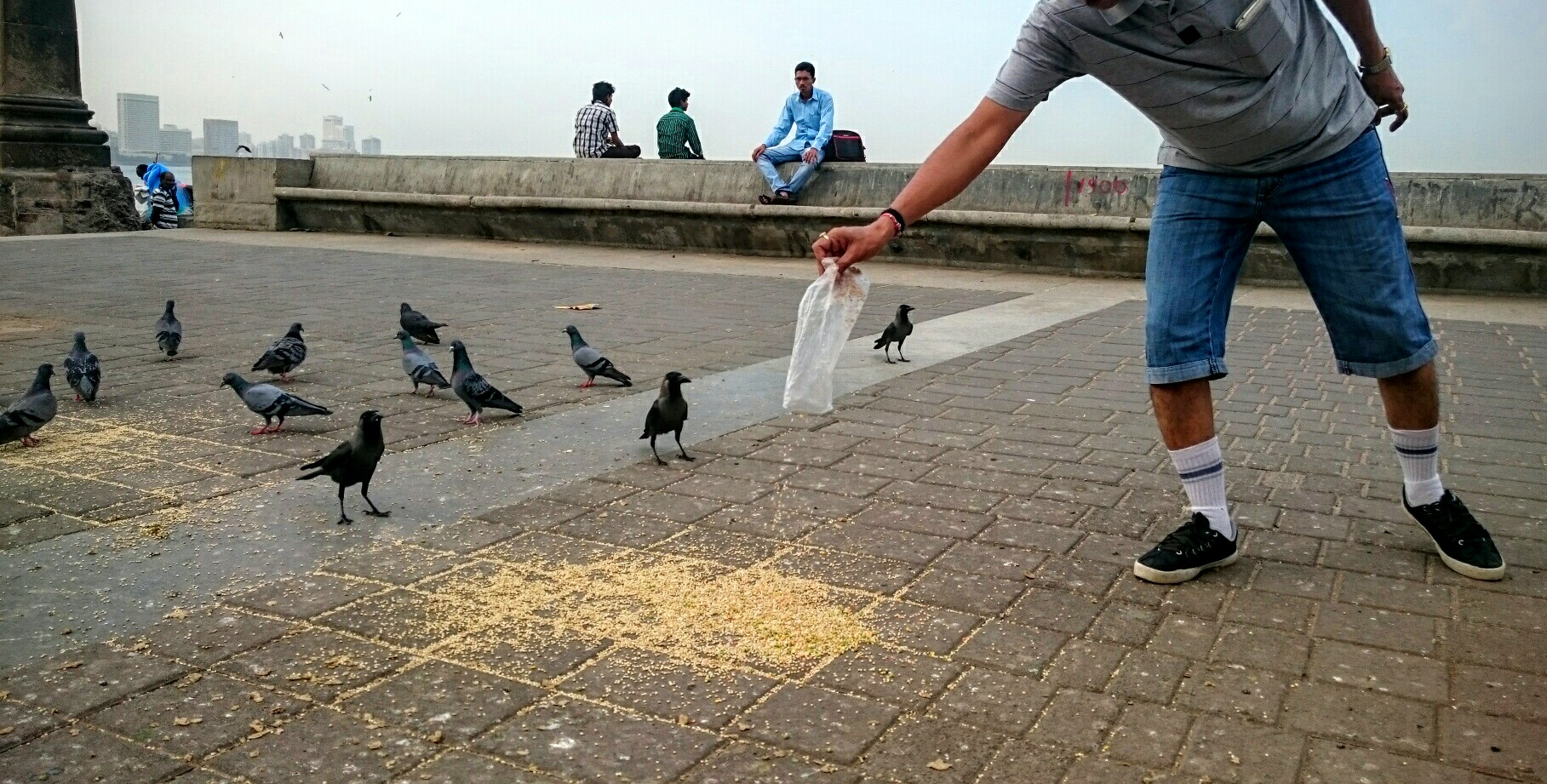
Don’t get discouraged as a bird lover! You certainly have a role to play as there are many ways of helping in the conservation of birds. Misplaced compassion is not conservation and often does not help. Planting, nurturing and protecting plant species that provide shade, perches, nesting places, fruits and flowers for wild birds is a more sustainable and a logical way to help in bird conservation than artificially feeding wild birds. There are several other ways of getting involved in the conservation of birds. But of course, it requires you to move out of the comfort of your homes and venture out into the wilderness.
As long-term measures, getting involved in wildlife conservation agencies in personal capacity as volunteers, supporting the community at the fringe of protected areas and organising nature clubs and awareness trails on bird conservation for students, are options which you could consider to make an impact on overall bird conservation.
We sincerely appeal to the concerned authorities to take note of the potential health hazards and ecological ramifications associated with feral pigeons and take immediate steps to close down the kabutarkhanas and other pigeon feeding stations. The surplus population of feral pigeons will thus move out elsewhere in the quest for food. Use of some anti-fertility drug or some such means to control the population growth among the pigeons without harming them could also be an option to be considered in controlling the growing pigeon populations.

Dr Barbara Vogler from National Reference Centre for Poultry and Rabbit Diseases, University of Zurich, Switzerland.
The problem of city pigeons is well recognised in Switzerland since many years. Most people are aware that they should not feed pigeons and commonly only elderly people still do it and we do have population control programmes in Bern and Zurich."Anti-fertility drugs, if given orally as meals, would have to be assessed for their impact on other birds too as consumption by other bird species can’t be totally ruled out. Impact of such anti-fertility drugs would need to be assessed for any possible toxic effects down the food chain too. In the larger interest of pigeons and humans, people from all communities should come together to sensitively address this problem.
Kedar Gore is a biologist and wildlife conservationists by profession for over two decades. Dr. Naveen Pandey is veterinarian with an expertise and experience in rescue and treatment of wildlife species

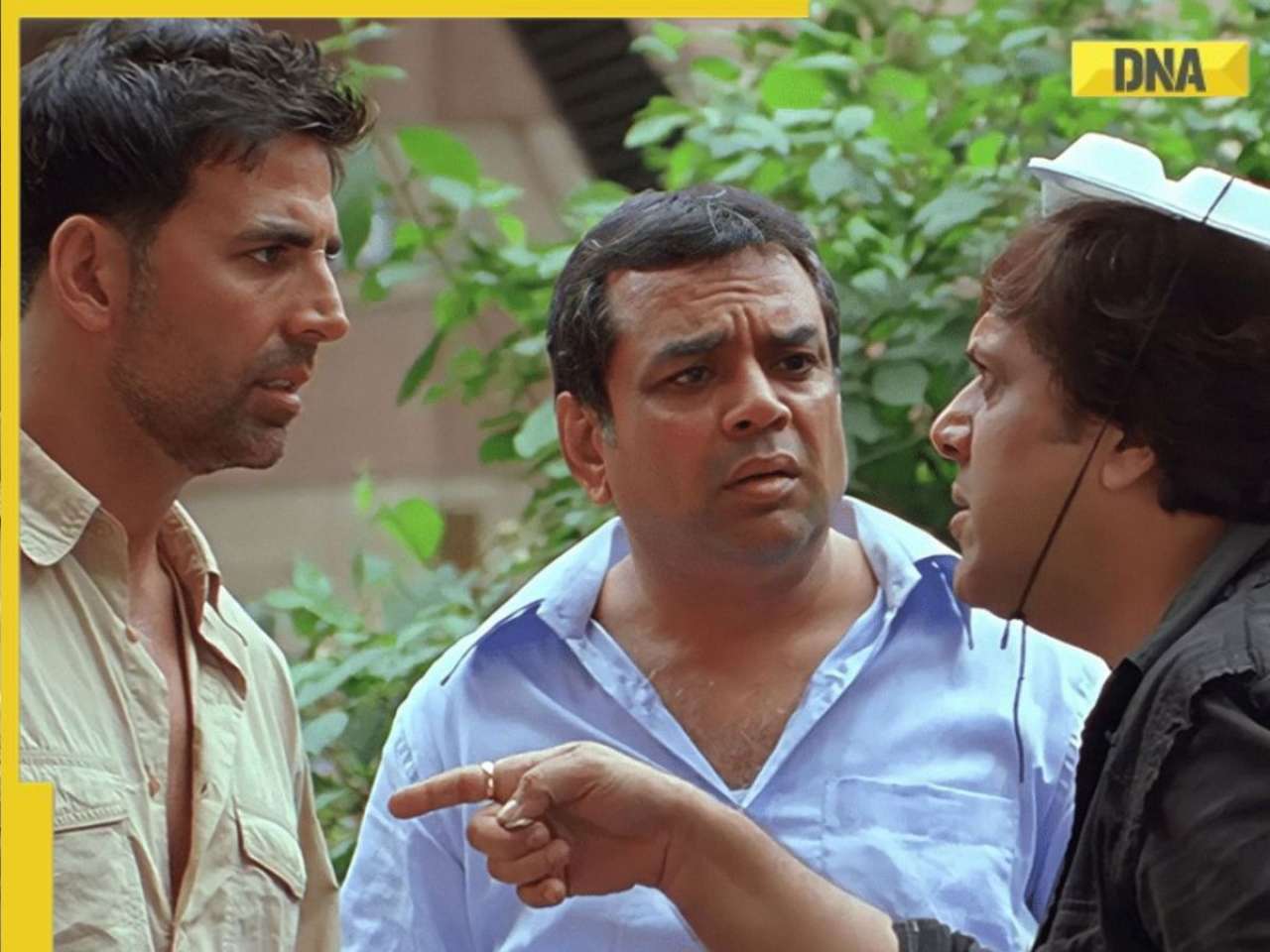





)
)
)
)
)
)
)
)
)
)
)
)
)
)
)
)









